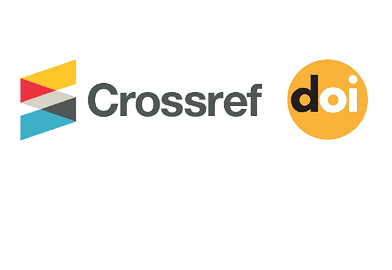Fear of Missing Out (FOMO), Social Comparison and Social Media Addiction among Young Adults
DOI:
https://doi.org/10.52461/pjap.v3i1.1283Keywords:
Fear of missing out, social comparison, social media addiction, young adults, anxietyAbstract
This study was conducted to investigate the relationship between FOMO (fear of missing out), social comparison, and social media addiction among young adults. It was hypothesized that i) there is likely to be a relationship between FOMO (fear of missing out), social comparison, and social media addiction, ii) Fear of missing out and social comparison are likely to predict social media addiction in young adults, and iii) significant gender difference in fear of missing out in young adults. The sample consists of 200 participants with the age range of 18-30 years (M = 22.58, SD = 2.41) of which 92 were men and 108 were women. The purposive sampling strategy was used to assess the sample. The self-constructed Demographic sheet, Fear of Missing Out Scale - FOMOs (Przybylski et al., 2013), Social comparison - INCOM Scale (Gibbons & Buunk, 1999) and Social Media Addiction Scale Student Form - SMAS-SF (Sahin, 2018) were used to assess the sample. The results showed that FOMO (fear of missing out) had a significant positive relationship with overall social comparison, social media addiction and their subscales among young adults. The results suggested that FOMO (fear of missing out) and social comparison significantly positively predicted social media addiction. The same predictions were also seen among their subscales in young adults. The results showed significant gender difference in fear of missing out that men have higher fear of missing out than women. This study is important in the field of cyber psychology examining the relationship between fear of missing out, social comparison and social media addiction among young adults.
Downloads
Published
How to Cite
Issue
Section
License
Copyright (c) 2023 Saher Parveiz, Amna Amjad, Sumaira Ayub

This work is licensed under a Creative Commons Attribution-NonCommercial 4.0 International License.
All the articles editorially accepted for publication by the Pakistan Journal of Applied Psychology (PJAP) are licensed under the Creative Commons Attribution-NonCommercial 4.0 International (CC BY-NC 4.0) Submitting a manuscript to PJAP, the author has to certify that he/ she is authorized by other contributors (s) and co-author (s) to enter the publication process.




